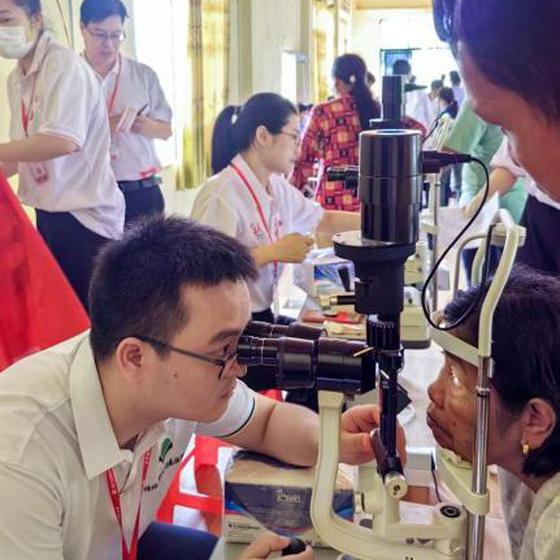
A Chinese medical team member examines patients coming for medical consultation. (Photo provided to China News Service)
(ECNS) -- "When we remove the patients’ eye patches after surgery, they express their gratitude by placing their hands together, a moment that brings me the greatest joy," said Ding Zhixiang, leader of a Chinese medical team specializing in cataract treatment in Prey Veng province in Cambodia.
The Cataract Blindness Elimination Project, which started in 2018, aims to provide free surgeries for cataract patients in countries along the Belt and Road. The medical teams are from different Chinese provinces.
Currently, the medical team is carrying out approximately 45 days of medical assistance for local cataract patients. It consists of eight members, all from the Affiliated Hospital of Guilin Medical College.
Cambodia and Laos are both in tropical regions with intense sunlight, making them high-incidence areas for cataracts.
As of Thursday, the medical team has successfully performed a total of 234 cataract sight-restoring surgeries, with significant improvements in the postoperative visual acuity of patients.
Recently, an 87-year-old patient in Cambodia, whose vision was limited to light perception, sought help from the medical team..
"At first, the patient hesitated about whether to undergo surgery due to fear of pain. After patiently explaining the process to her, we dispelled her concerns," said team member Qiu Meiyuan, emphasizing the importance of communication with patients before surgery.
"After the surgery, I can see, I can see my grandson! Thank you, Chinese doctors!" the patient exclaimed.
The medical team not only performed cataract sight-restoring surgeries for local patients but also provided training to local doctors, elevating overall medical standards in the region.
As of now, the Guangxi Zhuang Autonomous Region has performed over 10,000 free cataract sight-restoring surgeries for patients in Cambodia and Laos. Additionally, it has trained and educated local eye care medical personnel, symbolizing a lasting impact on local healthcare infrastructure.








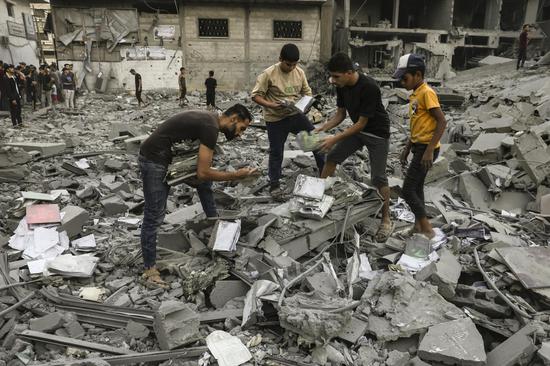

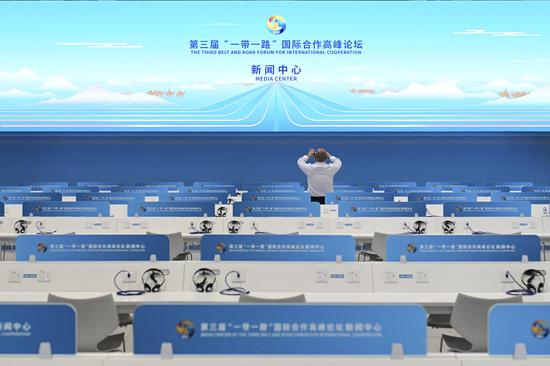


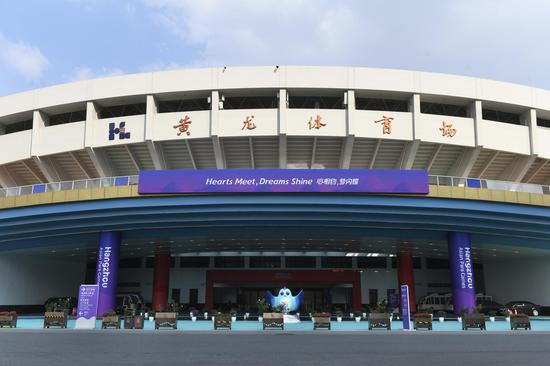
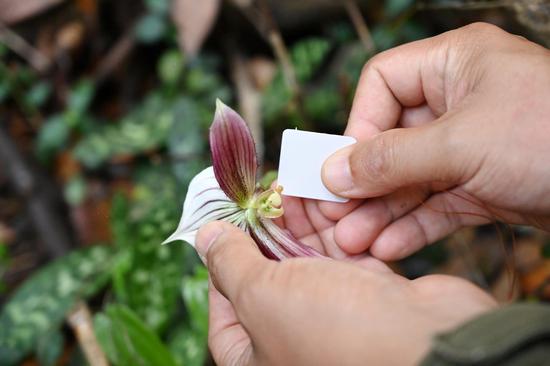

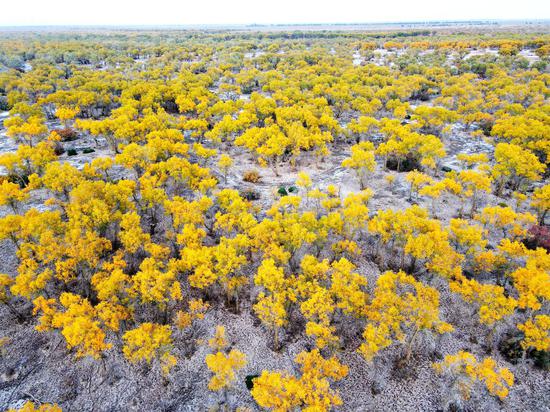

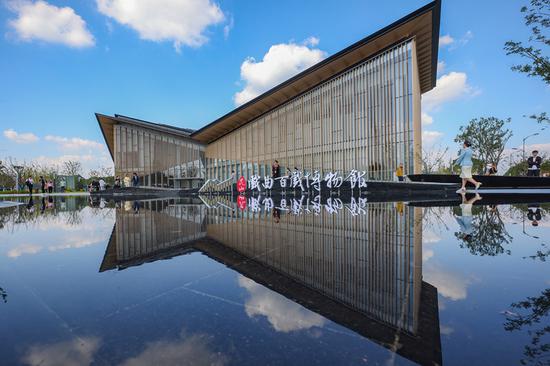


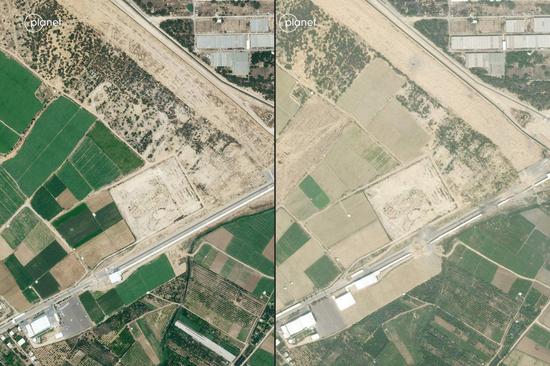

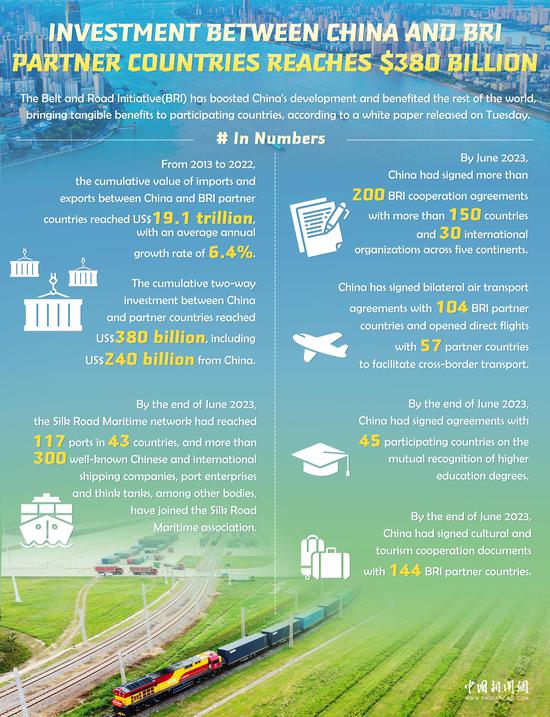

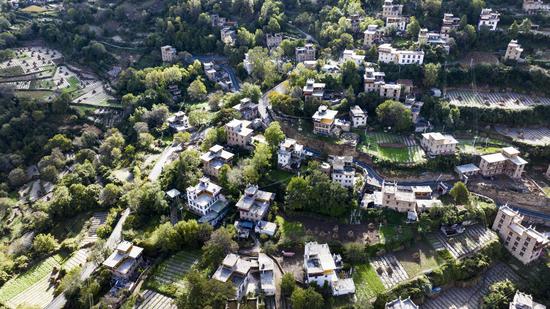

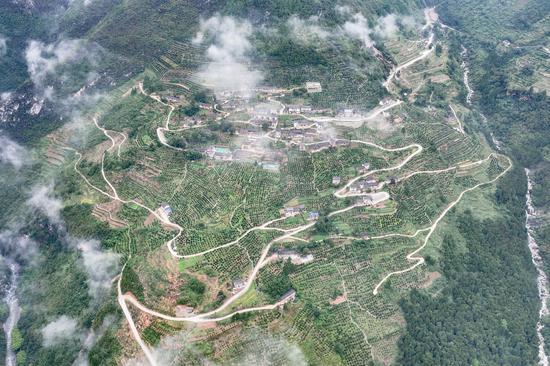
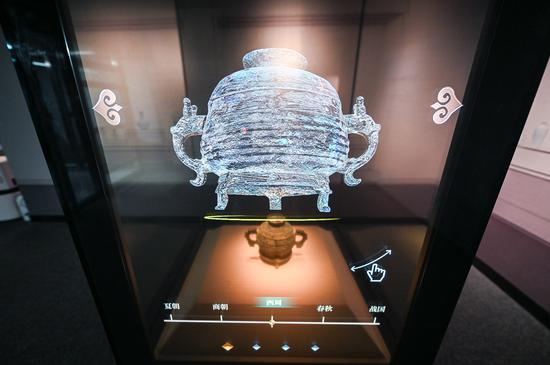


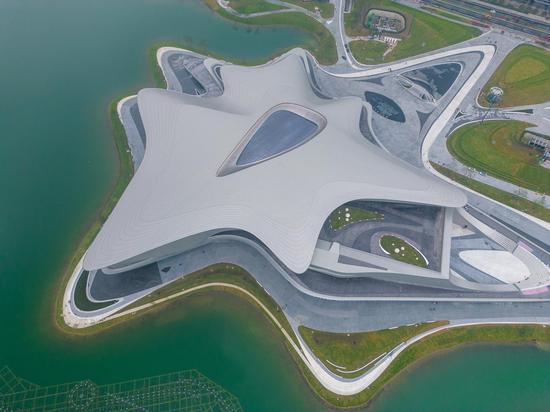

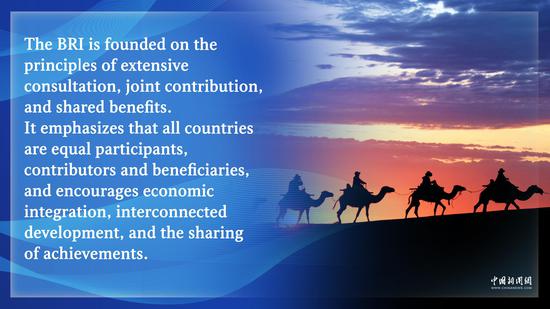
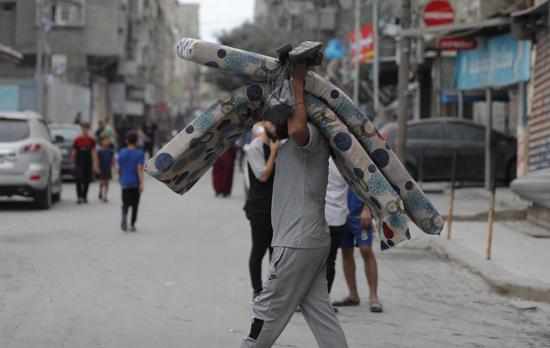
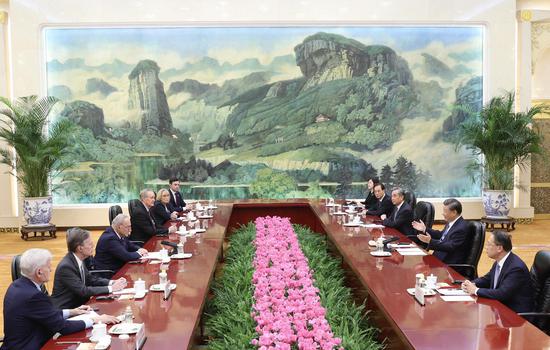


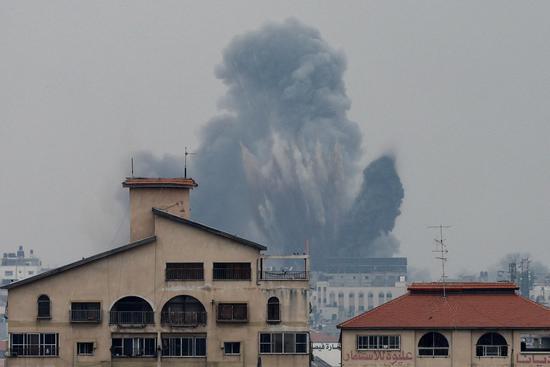


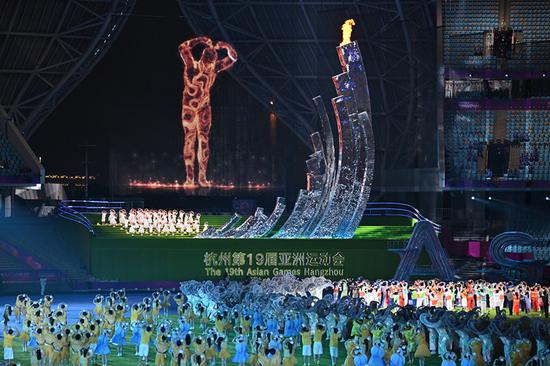

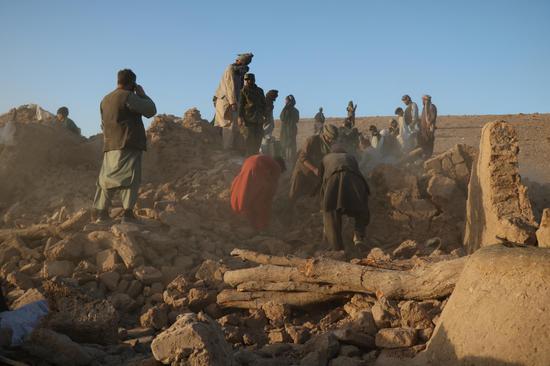
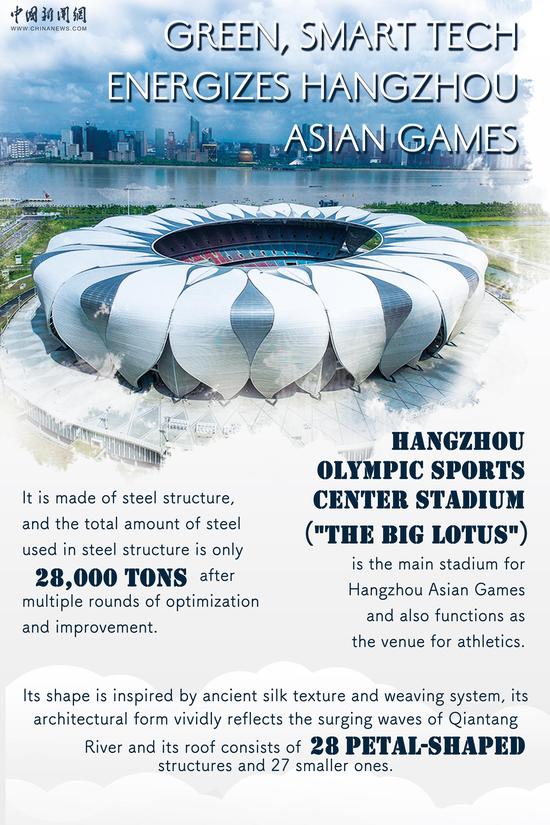





 京公网安备 11010202009201号
京公网安备 11010202009201号